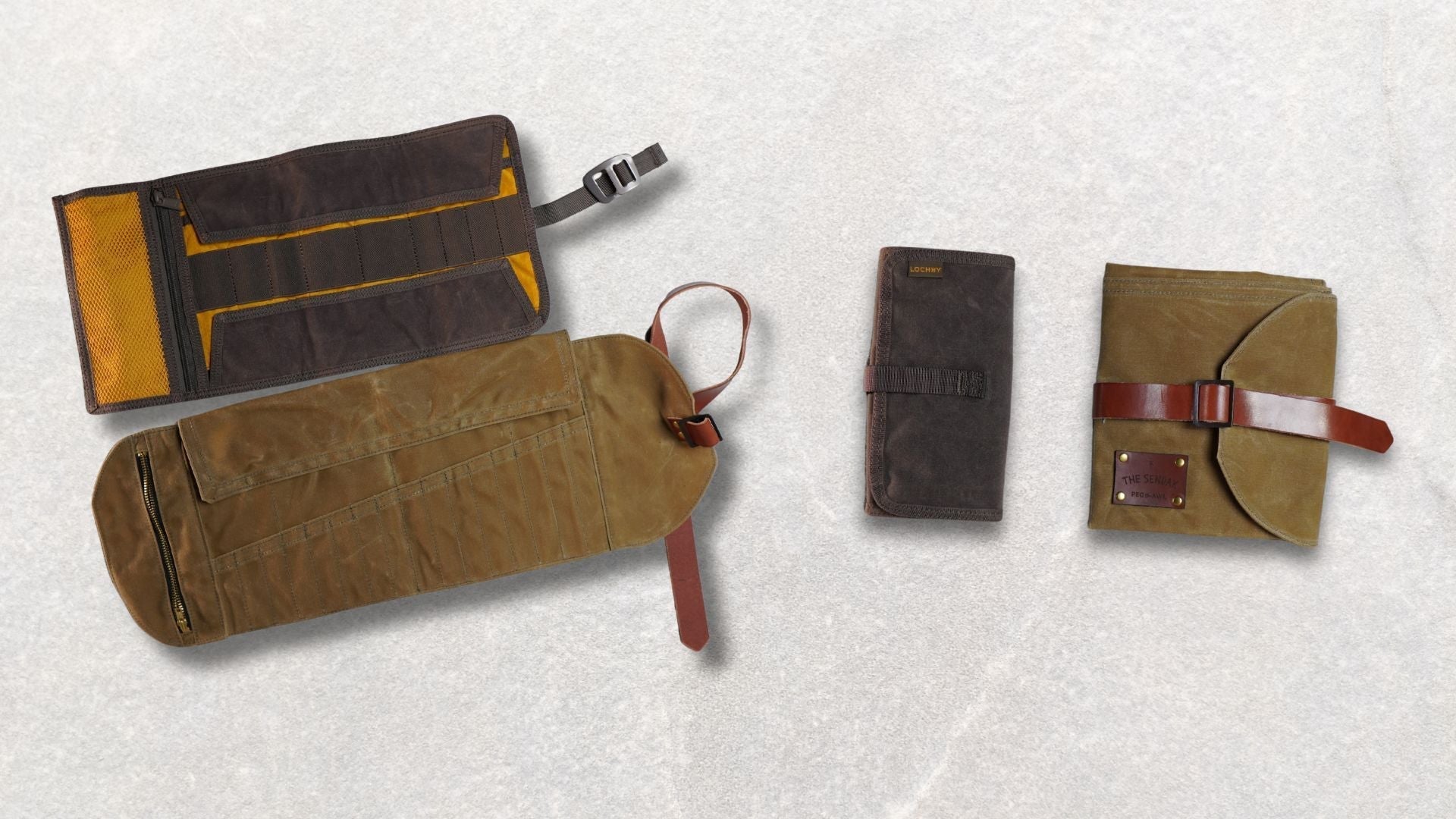Food is an essential part of our lives. It provides us with the energy and nutrients we need to survive and thrive, and can even bring us joy, comfort, and connection. Whether it's sharing a meal with loved ones, trying a new recipe, or indulging in a favorite treat, food isn't just to satisfy our hunger. It can also enhance our experiences and enrich our lives.
As much as we love food, however, choosing what to eat can be a challenge. There's so much conflicting information about what we should and shouldn't eat and it can be difficult to figure out which ones are best for our bodies and our overall health. This is where a food journal comes in handy!
The benefits of using a food journal: why is it important to track what you eat?
Food journaling is a great tool that we can use to have a better relationship with food. It can assist us with tracking our eating habits and identifying patterns that can help us make healthier choices. By monitoring what we eat, when we eat it, and how it makes us feel, we can gain valuable insights into our dietary habits and make informed decisions about what we put into our bodies.
Whether you're shifting into healthy eating, working on weight loss, addressing a health condition, or simply improving your overall well-being, here are six benefits to tracking what you eat!
A note that this post isn't meant to replace medical advice. If you have an existing health condition or suspect that you have one, it's best to get the help of a health professional. Ask them how you can integrate food journaling into your daily life.
1. It can help you lose weight.
Yes, it's true! According to a study of 1,700 participants in "one of the largest and longest running weight loss maintenance trials ever conducted", having a food journal "can double a person's weight loss." People who joined the study and kept a food diary lost twice as much weight compared to the ones who didn't and all because they were tracking their eating habits.
This is because when you keep a food journal, you'll be able to see exactly how much you're eating at each meal, which means you can get a handle on your portion sizes. Identifying areas where you may be overeating gives you the chance to make adjustments where needed as you work on your calorie intake.
2. You can use a food journal to build healthy eating habits.
You see the words habit tracker everywhere in our blog and for good reason: it works! If you still haven't started your own, seriously: check out this post. A food tracker can help you with the following:
- Set specific food-intake goals depending on what kind of result you're after (weight loss, gain muscle, get more of a certain vitamin/mineral, etc)
- Track your progress so you know if your current plan/approach is working. If not, identify where you need to make changes by looking at the type of food you eat and how much you consume
- See the positive results of your efforts, which is something that can encourage you to keep going no matter what.
Building healthy eating habits can take some work but it doesn't have to be difficult.
3. It can encourage meal planning and save you money.
Keeping a food journal is multipurpose: it can encourage you to plan meals, which can help you save time in the long run, reduce stress over food preparation, and ensure you're making healthy choices throughout the day, week, or even month.
By extension, your food log can also be an indicator of where you're overspending on food or wasting money on unhealthy choices. With this information, you can observe more mindful eating and better decide what food to buy when grocery shopping and dining out. This can then save you money in the long run.
4. If you have any food intolerances, a food journal can help identify them.
If you've been experiencing symptoms like bloating, headaches, or digestive issues, food journaling can be useful to identify potential food intolerances and other food allergies. By tracking what you eat and how you feel afterward, you may be able to pinpoint foods that don't agree with you.
On the upside, this helps not just you—it can also assist your healthcare provider! A food journal has valuable insights into your eating habits, which can assist them in providing you with more personalized recommendations and support.
5. You can discover what your triggers are.
To change our eating habits, we also need to identify the unhealthy habits we've built when it comes to food. Sometimes, we don't even notice we have them. To start, here's a simple question you can ask yourself: do you reach for a snack every time you're stressed or bored?
By tracking your food intake and your moods throughout the day, you may be able to identify patterns and triggers that lead to mindless eating. Once you know what they are, you can either work on avoiding them or find alternatives to impromptu snacking.
6. It improves your nutrient intake.
With a food journal, you can see if you're getting enough of the essential nutrients your body needs to thrive. This can help you make adjustments to your diet to ensure you're meeting the nutritional needs to keep yourself healthy and at your best. It's best to work with an expert like a registered dietitian to figure out if you have any vitamin or mineral deficiencies as a result of your food choices.
Food journaling is more than just about food!
An important thing to remember about food is that it's not just about satisfying our hunger. It's a lot more essential than that and has an impact on our lives as a whole: our productivity, energy levels, health, and even our mood! As something so vital, it's something we want to be more mindful of.
Have you ever tried a food journal before? How about tracking your eating habits? Share your experience with us! Otherwise, let us know how else you think food journaling can enhance your life!





Self Care Planner: A 5-Step Guide To Improved Wellness
It's Break Time! 8 Ways To Effectively Take A Break